Are you thinking of race cars? Think again. Our lives, emotional stabilities, and stress levels are in need of constant stewardship and care, because without maintenance, burn-out looms on the horizon. Caregivers especially fall under a category prone to stress and fatigue. Now, caregiving has numerous rewards (too many to list), but in general, caregivers are vulnerable to burn-out because they don't recognize the initial signs.
While there are not fires, smoke trailing from your engine, or tires popping literally speaking, the Mayo Clinic gives a bulleted list of caregiver stress.
- Feeling tired most of the time
- Feeling overwhelmed and irritable
- Sleeping too much or too little
- Gaining or losing a lot of weight
- Losing interest in activities you used to enjoy
Your family and friends do not want you walking towards a future of depression and anxiety. Once any signs are recognized, it's time for the maintenance aspect: What are you doing to promote stability?
Here are a few creative and non-creative solutions for revival.
1) AutoBODY maintenance
The groundwork for stress relief. Are you taking proper care of your body? Are you drinking enough water every day, devouring fruits and vegetables, and exercising? I don't have time to exercise or join a gym you protest. Get creative. Park far away while getting groceries and walk back. Take the stairs. Get up in the morning and do 30 sit ups. Take deep breaths and do isometric exercises in the care while waiting at stoplights.
2) Roll the Windows Down, Turn the Radio Up
When the breeze blows through your hair and jubilation takes over: what are you doing? Playing an instrument? Taking a walk on a sunny day? Sitting in a nook escaping into your favorite novel? Turn off the TV and Computer, and get creative. It doesn't have to be expensive. Sitting in a coffeeshop with a $1 tea and people-watching can be just as rejuvenating as a $100 massage. (although, massages are GREAT stress relief:)) Also, do a madlib. Laugh. Go see a comedian. Laughter induces stress-relief in the body and the great part? IT'S FREE.
3) A Solid Race-Car Support Team
Race-cars, in addition to needing regular maintenance, have a team on hand, on duty to ascertain it's in tip-top shape. Are you surrounded by a supportive team? Are you encouraged? Who is speaking into your life?
4) Aligning Not just Your Tires, but your Spiritual life
Spirituality, a faith in things unseen, is a keystone of a balanced life. Not only does it echo into your physical well-being, the depth of compassion and strength of spirit it encourages makes all obstacles seem surmountable. Love will overcome all.
These solutions for avoiding care-giver burn-out hinge on the hilarious to the mundane, yet an awareness of the threat of stress will ultimately help AVOID crashing. Care-givers take your mark - the race is on - and crashing and burning is NOT in the future with YOU behind the wheel.

